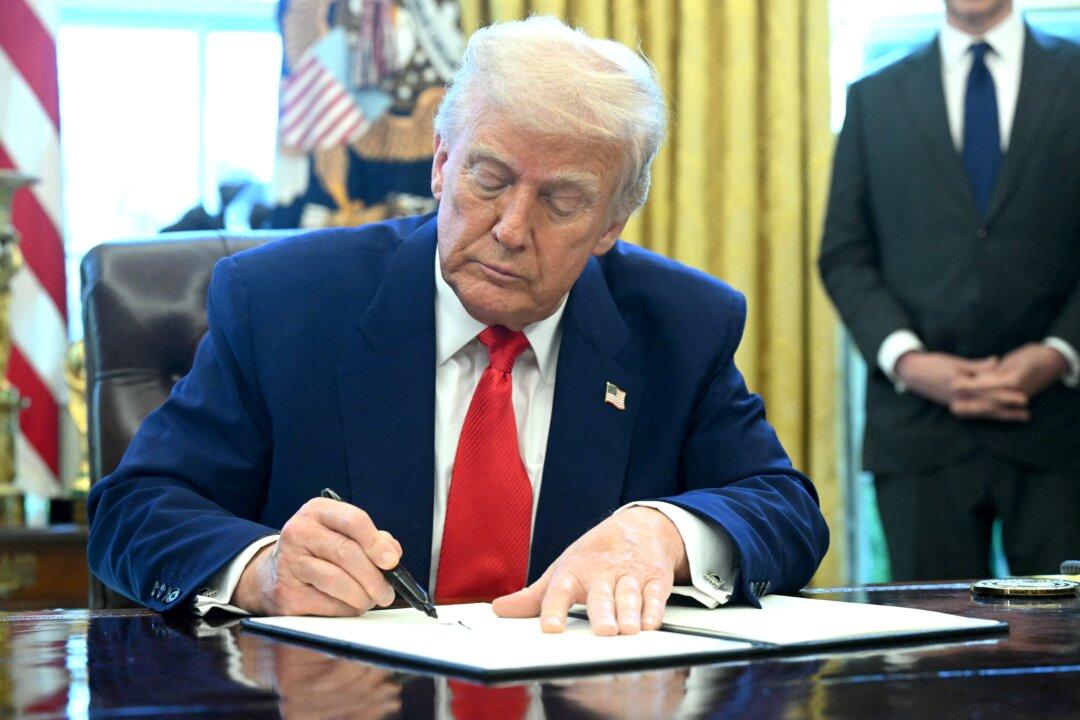President Donald Trump signed an executive order on April 28 directing his administration to publish a list of sanctuary cities accused of obstructing federal immigration law enforcement.
His order said that states were obstructing and defying federal immigration enforcement despite the need for the federal government’s intervention amid an invasion at the southern border. “This is a lawless insurrection against the supremacy of Federal law and the Federal Government’s obligation to defend the territorial sovereignty of the United States,” the order read.





